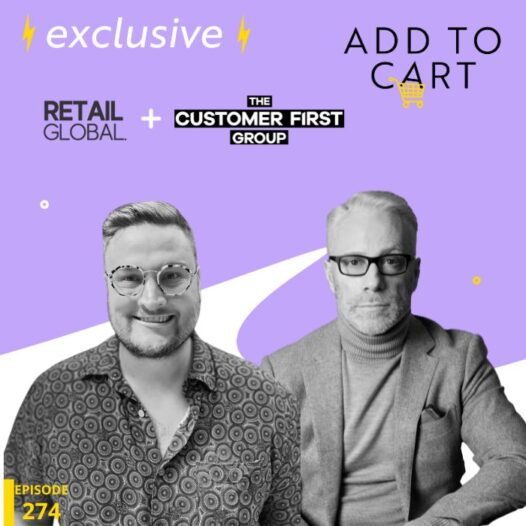In this special Explainer episode brought to you by the team at Retail Global, we are going to dive into what it means to be customer centric with one of the keynote speakers of the conference and global customer champion, Martin Newman. Martin is one of the world’s leading authorities on customer centricity, and a force for positive change for consumers and brands. He has 40 years of experience leading multi channel operations for some of the world’s most recognisable retail brands such as Burberry, Harrods and Ted Baker. Following his career in the consumer sector, Martin founded global ecommerce and digital consultancy Practicology and has since set up his customer consultancy, aptly named The Customer First Group. In this episode, we dive into Martin’s definition of customer centricity and why, with such a simple concept, many organisations still manage to get it wrong. I get his view on how to measure customer focus, his practical tips for changing to a customer centric culture and the retailers he holds up as the most customer centric around the world.
Joining Martin is Ash Hudson, CEO of Retail Global. He gives us the low-down on what to expect from the upcoming Retail Fest on the Gold Coast including special keynotes from amazing retailers including July, Lovehoney and LSKD and more! If you want to get your tickets, visit retailglobal.com. Enter MIAMIVICE – all one word – to get $150 off tickets if you are a retailer.
“Most CEO’s focus too much on the cost to serve and not on building customer lifetime value”
Martin Newman
Founder, The Customer First Group
Retail Fest
(Ash) “My favourite part of the whole show is that first opening drinks reception. The buzz in the air is unparalleled. The vibe around that room, you kind of shake a little bit when you hear it. I’m pretty excited to see Martin back again. Last year we knew that he was a big deal and he kind of blew us away. That opening key note is gonna be incredible. I’m excited.
Hopefully, when this is released, it’s not breaking news, but we’ve also got Cathy Freeman doing a key note with Adam Linforth from Budgy Smugglers, and they’re going to be talking about different ways you can incorporate First Nations (people) into your strategy and how you can have them involved in your business.”
Return on inclusion
(Martin) “Every single business can start the process of turning a customer into a fan, Because it’s the behaviours and it’s the different levels of service on the focus around building lifetime value that starts to change that. And that’s when you get people feeling differently about you as a business, so they move from just thinking of you, a business that they transact with, to something that’s got some degree of emotional connection.
You know, I talked about diversity and inclusion. How about return on inclusion? If you set your business up to be inclusive, to meet the needs of all the different cohorts of customers, be that disabled customers, thinking of your customers from an ethnicity perspective or a sexuality perspective or a gender perspective, and so on, You know how would you communicate and engage more effectively? And you would right? You would do better because you would be thinking about it in a way that you’ve never done before.”
You can’t fix the problem if you don’t know about it
(Martin) “I remember when you know ratings and reviews were first implemented, and when I was doing that I was head of online at Harrods and Burberry and Ted Baker, I had a real issue convincing the boards of those businesses that we should be implementing that as a solution because they were scared to death about any negativity and I said, look, there’s two ways you can think of this. You can either accept it and do something about it,,, it’s going to happen anyway, right and wouldn’t you rather know about it and then be able to address it?
And there’s lots of evidence of brands over the years that have even had negative reviews on their websites that have still converted better than a business that’s had no reviews. So this tendency for people to kind of hide away from that or not be you, try to turn off any form of criticism, I think is definitely the wrong way to go, because consumers can see through that. So I think it’s harnessing the community, and I think as long as you use that feedback positively to continually improve what you do, you can really take people on the journey with you.”
Questions answered in this episode include…
- What’s your definition of customer centricity?
- Why do so many businesses get putting customers first so wrong?
- Which retailers are best at customer centricity?



